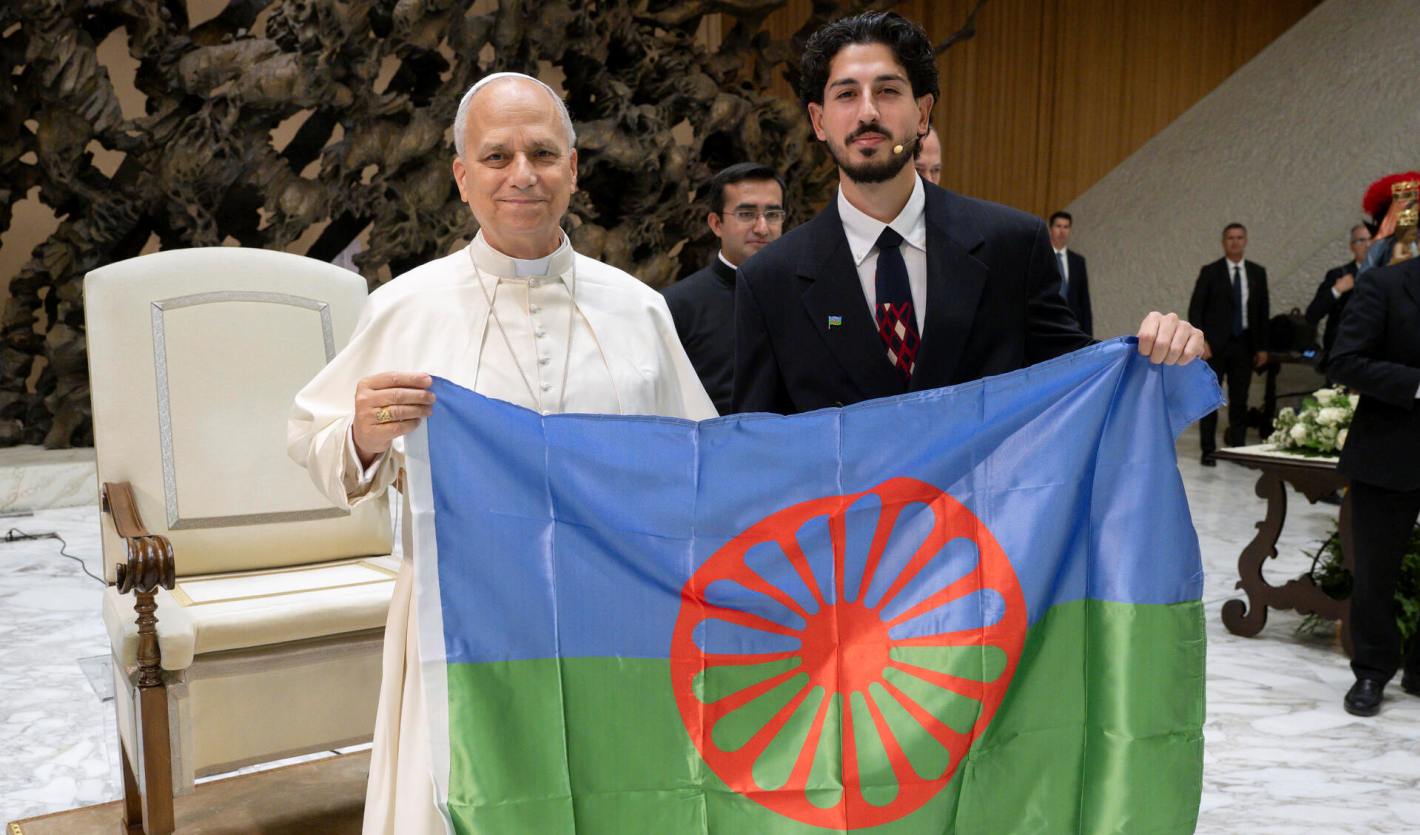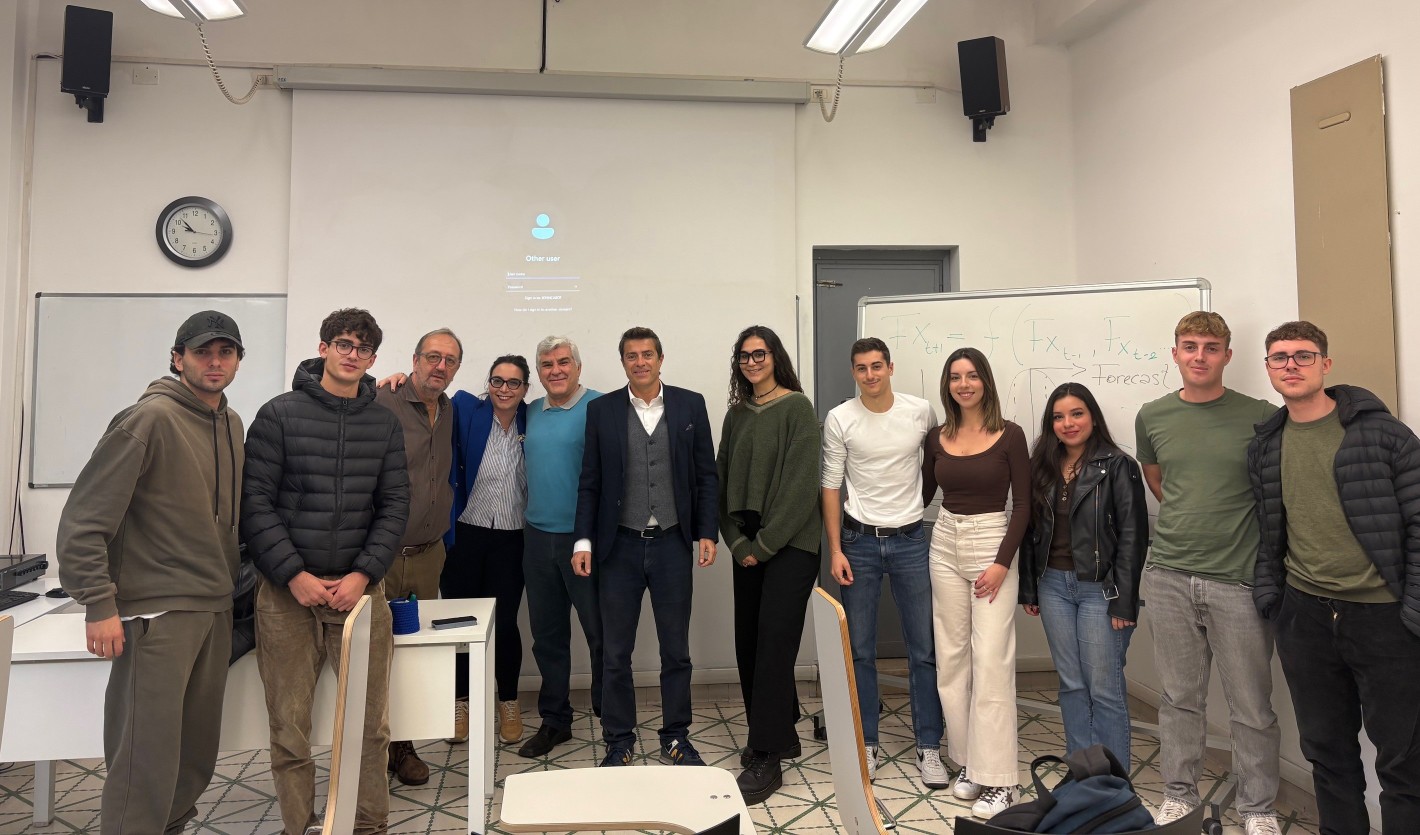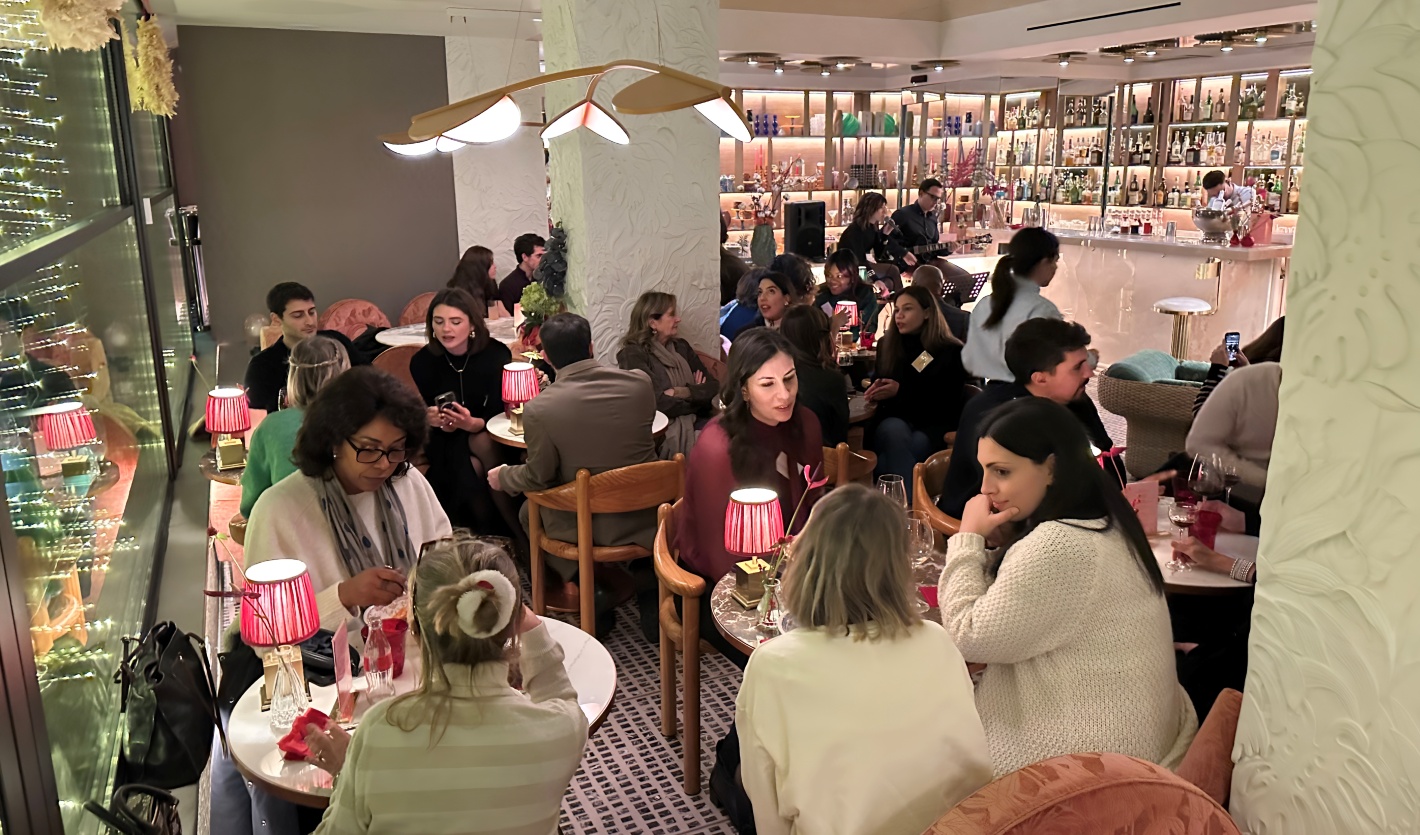Francesca is a senior at JCU majoring in International Affairs and minoring in Legal Studies. She recently wrote an article about Italy’s handling of the case of Libyan general Osama Elmasry Njeem, which was published on Opinio Juris, a blog dedicated to international law.
Tell us a bit about your background.
I was born in Avellino and raised in nearby Naples. I was very lucky to be born into a very supportive family. From my parents, I inherited a strong determination to pursue my dreams, and learned how important it is to find someone who supports you. My parents made me the person I am today, and inspired me to follow my dreams.
Why did you choose John Cabot University?
I heard of JCU from Italian Paralympic wheelchair fencer Bebe Vio. At the time, she was studying Communications and International Affairs here at JCU. That’s how I learned that this university offered International Affairs. I got curious and started looking for information about it. I made up my mind and applied. It was unexpected, but it turned out to be the best decision of my life.
Why did you choose to major in International Affairs and minor in Legal Studies?
I’ve always been interested in international environments. At first, I really liked foreign languages, but I chose to go into foreign affairs. Curiosity has always been one of the driving forces of my life, and I’ve always wanted to know how the world works.
As soon as I enrolled in the classes, I found out that I was really passionate about legal studies, so I decided to add a minor. This changed my vision of my future job. As soon as I enrolled at JCU, I figured out that I wanted to work in the international law field.
Is there a class or professor at JCU that you found to be very interesting or that left a strong impression on you?
I feel very inspired by Professor Lyal Sunga. Most of the classes I’ve taken with him were very stimulating. He has been working with the UN for his whole career, and he is a legal expert. I was really fascinated by both his expertise and his passion for teaching. He organized the simulation of a trial at the International Criminal Court, and I had the opportunity to serve as a judge. That’s how I figured out what my dream job is.
Let’s talk about the article you published on Opinio Juris. What inspired you to write about Osama Elmasry Njeem’s arrest and subsequent release?
It is thanks to Professor Sunga’s class that I decided to write and publish this article on Opinio Juris. The class provided me with the legal tools to understand the case better, beyond how it was presented by the Italian media.
Njeem was accused by the court of many crimes against humanity that were perpetrated in a prison in Libya. Once the International Criminal Court learned that Njeem was in Italy, they sent a warrant of arrest. Initially, he was arrested, and Italy was supposed to hand him over to the ICC. However, Italy decided to release him and deport him back to Libya.
In my article, I tried to analyze the reasons Italy provided to justify Njeem’s release, and I found some inconsistencies. I left the question of whether Italy is guilty or not guilty to be answered by the ICC itself, but I provided my arguments for why I think Italy did not fulfill the requirements to cooperate with the court.
Is there anything you would like people to take away from your article and the case?
Don’t just rely on the narratives that have been crafted by others, especially about things that are happening in the world. Use your education to question, understand, and think on your own.
What are your plans for the future?
I want to further pursue my interest in legal studies and maybe apply for a two-year master’s in legal studies at the Geneva Graduate Institute. I hope that one day I will end up working for the International Criminal Court.












